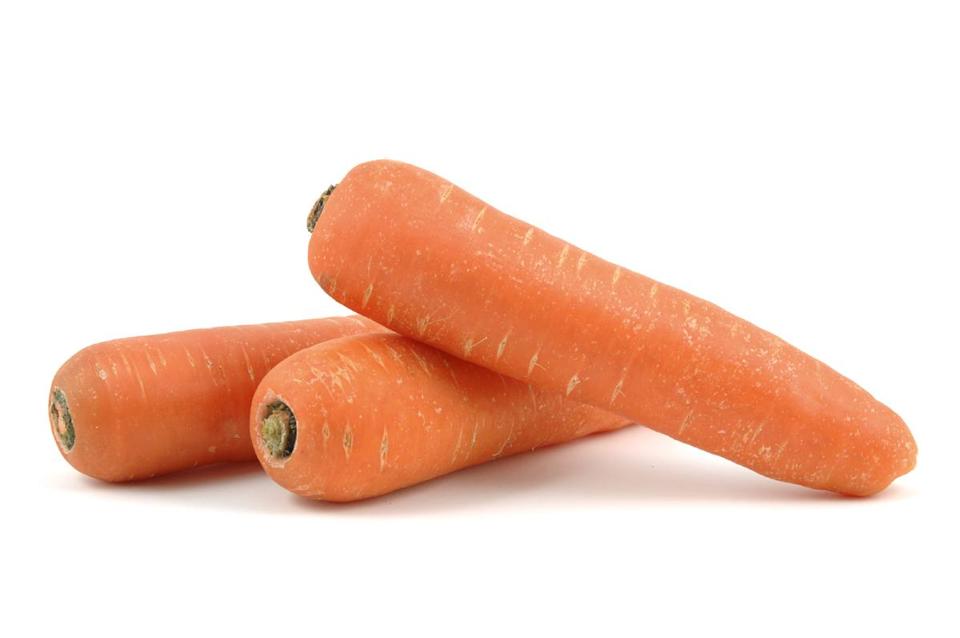The Boston Globe: Food stamps for fresh food: More produce, more benefits
December 10, 2014
Source: The Boston Globe
Author: Editorial Staff
THE SUPPLEMENTAL Nutrition Assistance Program, the federal food stamp program, has often struggled with the “nutrition” part of its mandate. The problem is that fresh fruits and vegetables are often too expensive for low-income families to afford, especially if they have to rely on benefits for most of their groceries.

The latest farm bill, signed into law earlier this year, offers a simple, innovative solution. The legislation doubles the value of SNAP benefits when they are used to purchase produce bought at local grocery stores or farmer markers who agree to participate.
The program, called the Food Insecurity Nutrition Incentive, provides $100 million over the next five years in grants to organizations that help make fruit and vegetables more affordable to SNAP recipients. The grant program is focused on encouraging people to buy more produce. But how precisely they do that is up to the groups applying for funding, and there are plenty of examples applicants could follow.
One is Double Up Food Bucks, a Michigan program that gives people up to $20 of coupons for every dollar of their benefits spent at participating stores. Those coupons can be exchanged for fresh produce grown by Michigan farmers. Double Up Food Bucks has been hugely successful: It has grown to 150 locations statewide and has helped more than 200,000 families since 2009. Similar programs have now been launched in New York City and Washington, D.C.
Just getting this new initiative included in the farm bill took some political muscling by its sponsor, Debbie Stabenow, a Democrat from Michigan who chairs the Senate Agricultural Committee, after benefits-averse House Republicans balked. And even the $100 million she helped win won’t solve the problem of malnutrition.
Yet the nutrition projects the grants will support could make a real difference. Organizations dedicated to fighting hunger should apply for them, and private citizens and corporations should help by donating money to the winning bids. Any program that helps the country’s neediest residents while supporting local farmers is worth supporting.
Read the original Nov. 29 Boston Globe editorial here.







